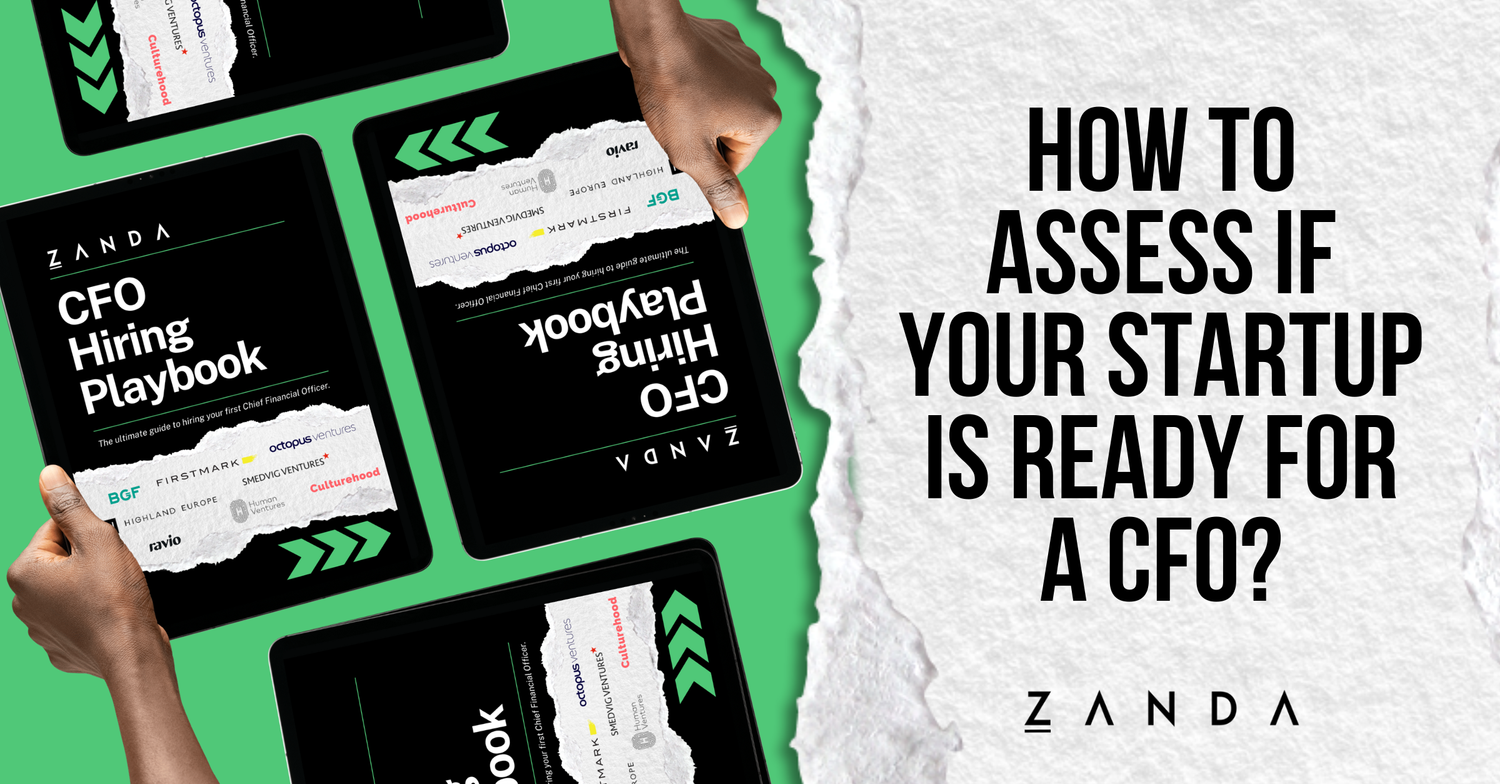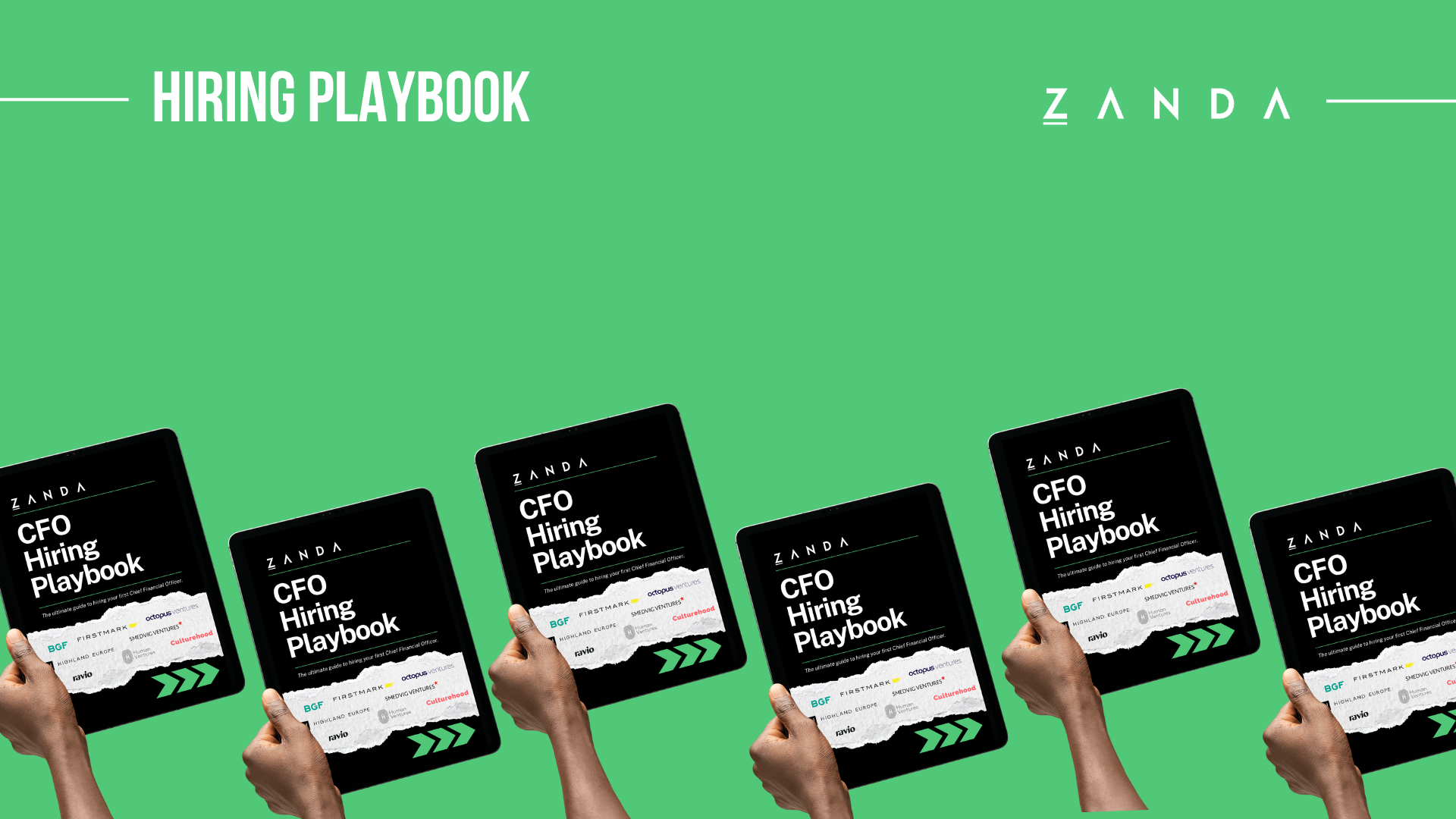
IntroductionEurope’s M&A and private equity ecosystem is entering 2026 with a different ...

IntroductionEurope’s M&A and private equity ecosystem is entering 2026 with a different ...

Pricing is one of the most powerful levers a business has, yet it’s also one of the mo...

IntroductionIf you spent time around high-growth companies in 2025, you probably noticed the...



 87 minutes
87 minutes
 46:34
46:34
 41
41
 48 minutes
48 minutes

IntroductionEurope’s M&A and private equity ecosystem is entering 2026 with a different ...